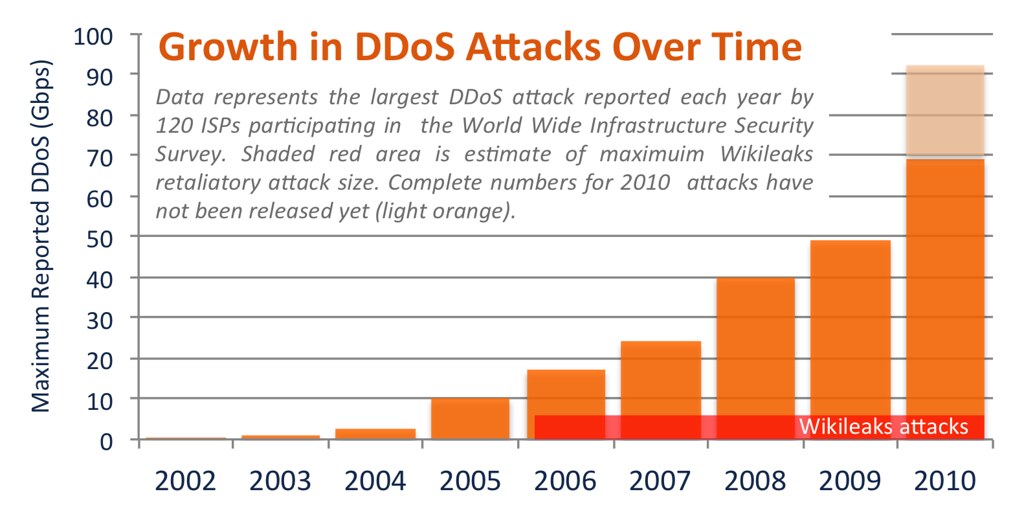It’s Halloween, which means its the time of the year where (people dressed as) ghouls and goblins emerge from their creepy, crawly places to spook us out. Depending, on what information you have access to, that isn’t the only spooky thing happening. Tensions are high for individuals aligned with both political parties in the US. The polar icecaps are getting smaller and smaller. And at any given moment there are a handful of financial nightmares that threaten to keep people up at night. Here’s a look at five:
Hyper-Connectivity
More people have more access to more information than ever before. Every day more and more devices are connected via the CLOUD. According to an interview Gordon Dee Smith, manager of the private intelligence agency Strategic Insight, there are more cellphones in the world than toothbrushes and that is pretty concerning. As opposed to being structured vertically, individuals can now organize around an idea vertically across the world. This may be great for finding something in common with a number of people across the world, but it also means that the authority of legitimate “vertical” leaders is undermined. As Smith puts it: “You can’t tell who’s who and what’s what anymore.” For investors, this means that groups of likeminded individuals can emerge without warning and dramatically throw off kilter both companies and governments alike. With hyper-connectivity, it’s becoming a lot more difficult to figure out what the best investment will be—something that has become evident in recent normal distribution trends.
Foreign Instability
When the Philippine President Rodrigo Duterte called President Obama a very, very not nice expletive, you can bet that he made investors more than just hesitant to invest in his country. Likewise, events like civil war in Syria and political instability in Thailand result in investors breaking a sweat. Geopolitical instability of this magnitude is nothing new.

However, when it comes to the massive shake-up of Brexit, the repercussions are much larger and much more disastrous. In the days following the Brexit vote, Standard & Poor’s stripped the UK of it’s AAA credit award, which is a big deal given that the UK is one of a handful of countries to retain that status after the financial crisis. Worse, the UK’s financial industry stands to lose up to 38 billion pounds ($48.34 billion) in the event of a “hard Brexit.” Although it is possible to benefit from instability, the challenges that it bring up are more than enough to make investors cry “mummy!”
Domestic Instability
Even though it’s a very tall task to accurately predict how an individual candidate will effect stock trends, presidential elections can’t help but make an investor feel a little bit on edge. Some investors fear the unpredictability that would accompany a Trump presidency, others believe that he would bring the market into a much better position than Clinton. Again, who’s right is hard to say, but at least investors can make some solid assumptions about election cycles.
Hacks
Last week’s massive distributed denial of service (DDoS) attack brought to light several things: 1) We can’t live without Spotify 2) We can live without Twitter 3) Our networks are a lot more susceptible to hacks than we ever imagined. The DDoS attack didn’t actually target personal computers, rather it targeted Dyn Inc., the domain name services organization on which many websites depend to keep their websites up-and-running. As I mentioned, the attack didn’t target personal computers directly, but it wouldn’t have been possible without the help of a number of computers and other Internet of Things devices that we’re unknowingly infected with a zombie virus—a virus that uses another computers processing power to accomplish a specific task.

via ArborNetworks.com
We no longer just have to worry about our own computers getting hacked. We have to worry about our smart lightbulbs, smart refrigerators, and smart TVs getting hacked. Over the past several years we’ve created a vast IoT things network, but as last week’s attack proved, our security efforts have yet to catch up. Banks in particular have been receiving more cyber attacks over the past several years. More and more of our information is out on the cloud. Despite our best security efforts, this information is still vulnerable.
Accidentally Hitting the Button
Nothing is worse than hitting buy or sell, when you don’t mean too.
I’m sure the investing nightmares don’t stop there. What are your investing nightmares? Feel free to let the world know in the below commment box. If anything, it should be cathartic to find out that you’re not alone.
